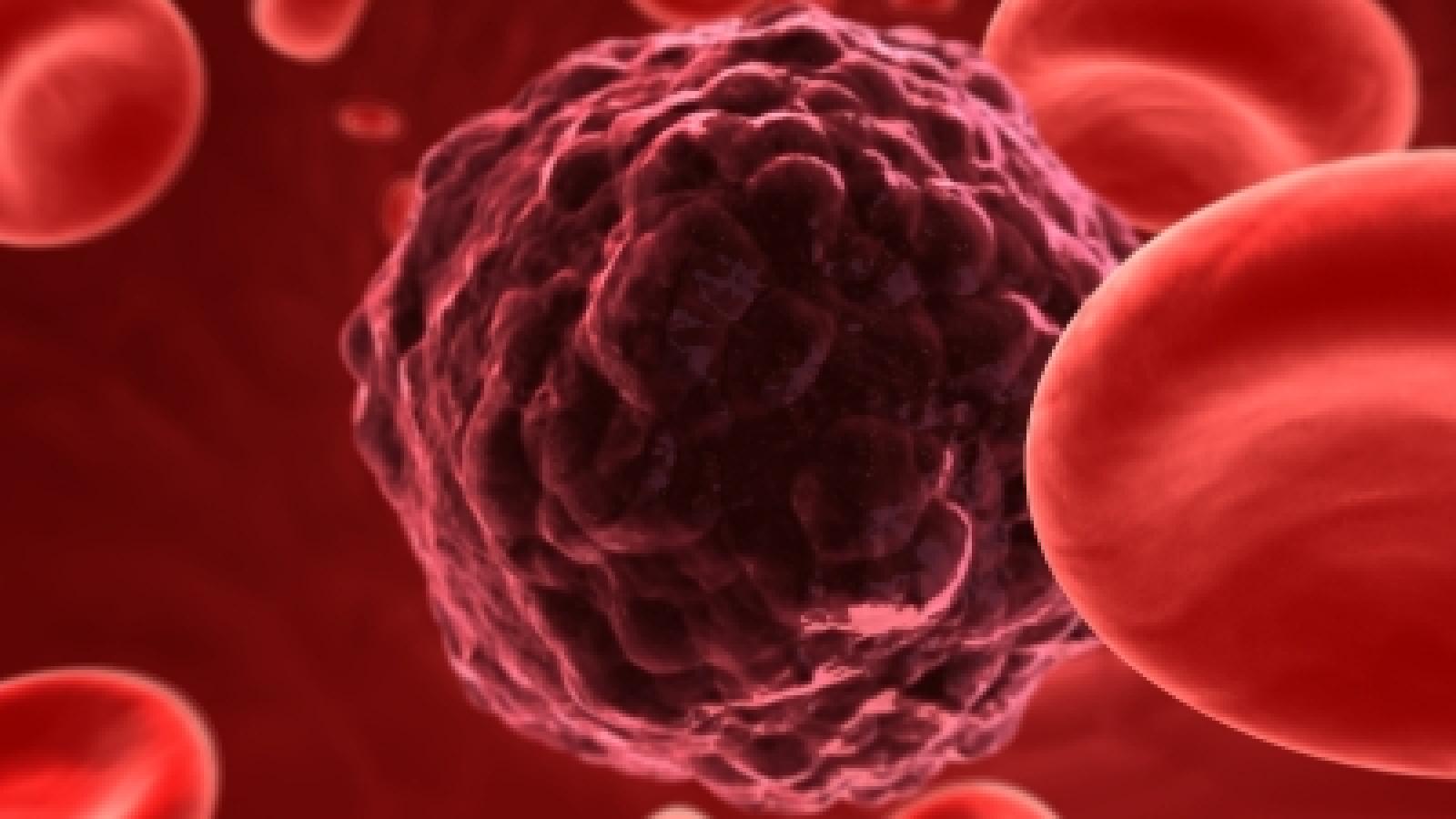What increases my risk of penile cancer?

As with most cancers, the exact causes of penile cancer are not fully known. However, there are a number of factors that increase the risk of developing penile cancer. These include:
Human papillomavirus (HPV)
This is a common virus that most sexually active people have been exposed to, and that usually causes no harm. However, infection with some types of HPV increases the risk of penile cancer – HPV is found in about half of all penile cancers.
The virus is passed from one person to another – sometimes during sexual activity – but it can spread by skin contact with a part of the body already infected.
In most cases the infection will clear itself without treatment. However, it can become chronic and cause penile cancer. Those who are not circumcised may be more likely to have long-term issues with HPV.
Not being circumcised
Circumcision removes all (or part) of the foreskin. If you are not circumcised, the foreskin of the penis can sometimes become tight and does not pull back easily (phimosis). Penile cancer is more common in men with phimosis. Sometimes, if you are not circumcised, secretions (smegma) can build up underneath the foreskin. This build-up can irritate and inflame the head of the penis and foreskin, which can increase your risk of cancer.
Smoking
Smoking increases the risk of penile cancer.
Age
The risk of penile cancer increases with age – it is most common over the age of 50.
HIV or Aids
Having the HIV infection or Aids increases the risk of penile cancer.
Psoriasis treatment
Psoriasis is a skin condition that is sometimes treated with light therapy (phototherapy) and drugs called psoralens. This treatment – PUVA – appears to increase the risk of penile cancer.
For more information
Phone
1800 200 700


